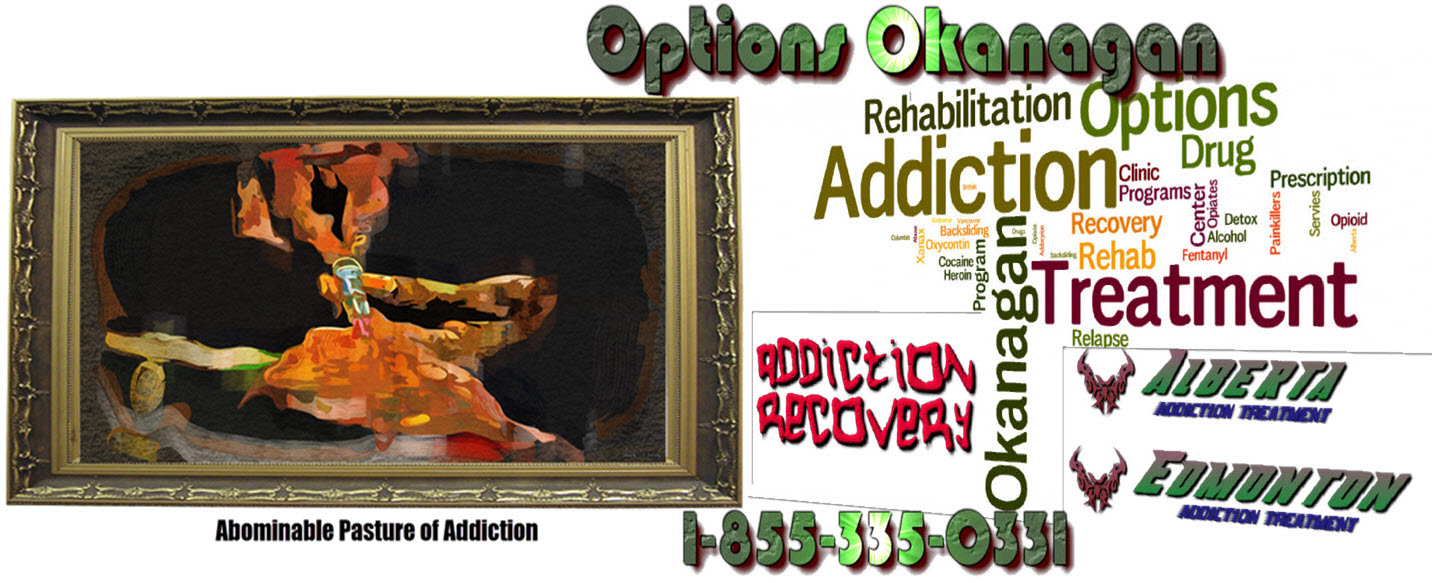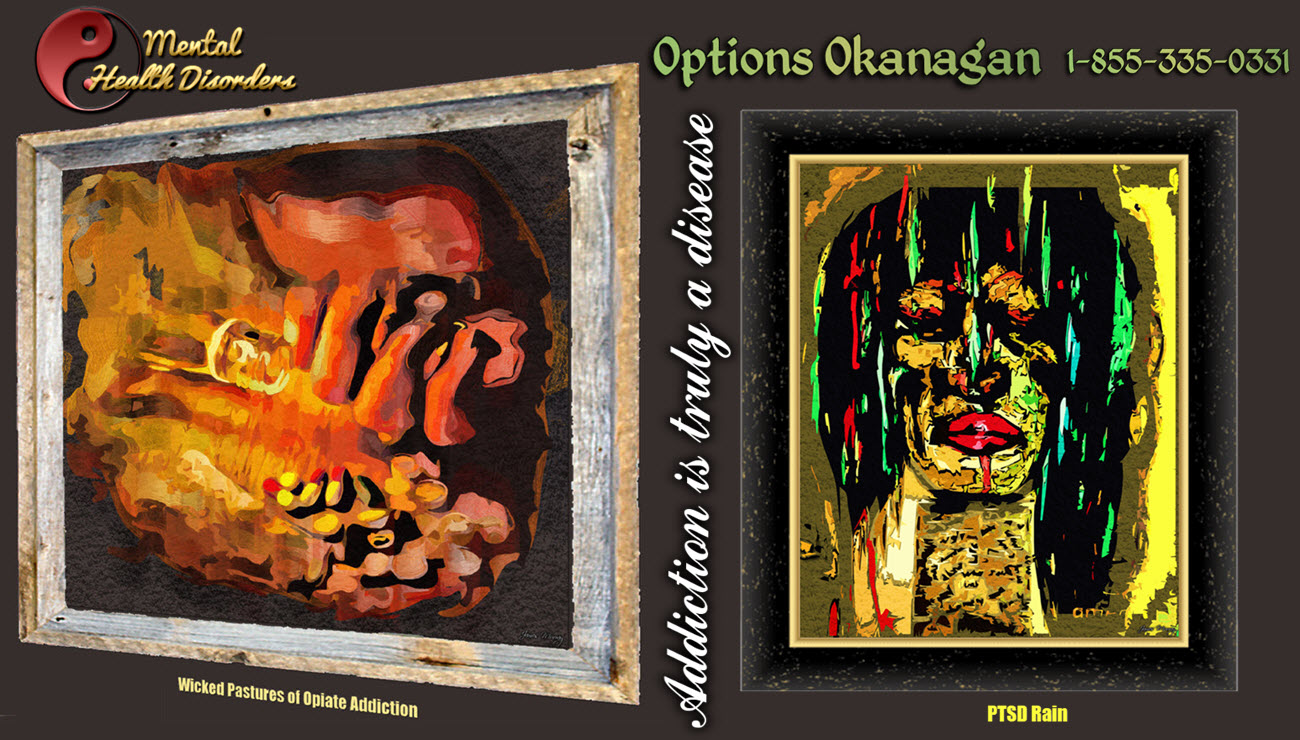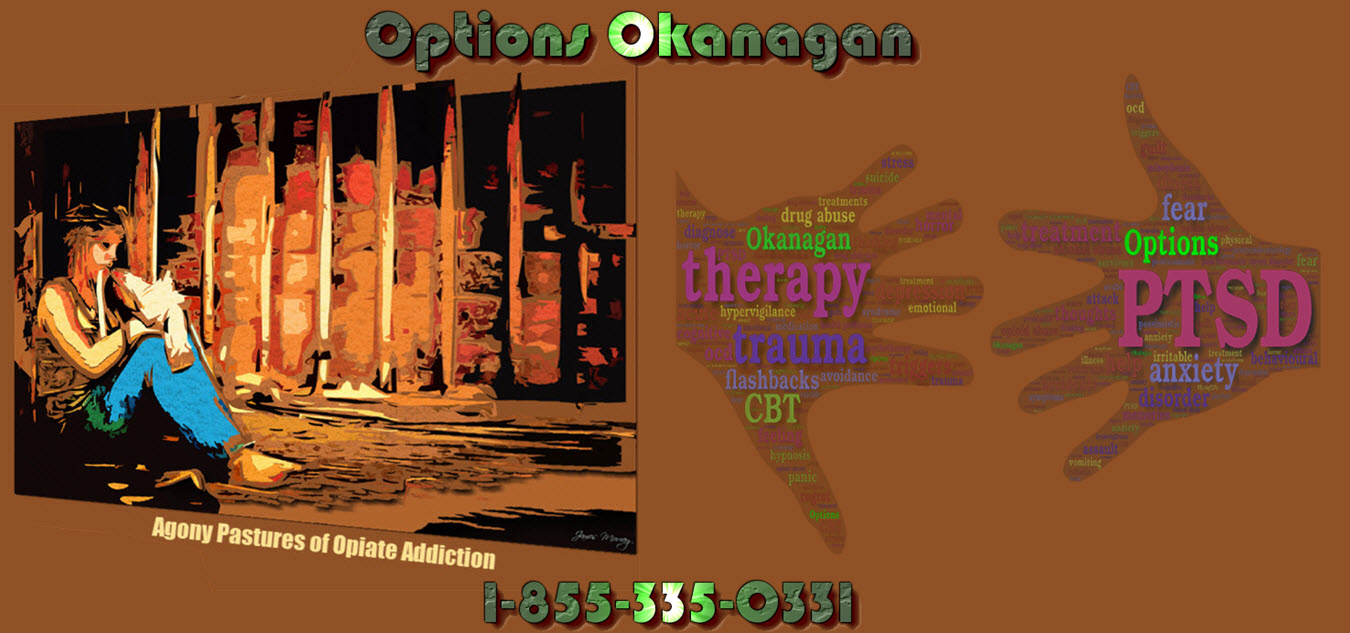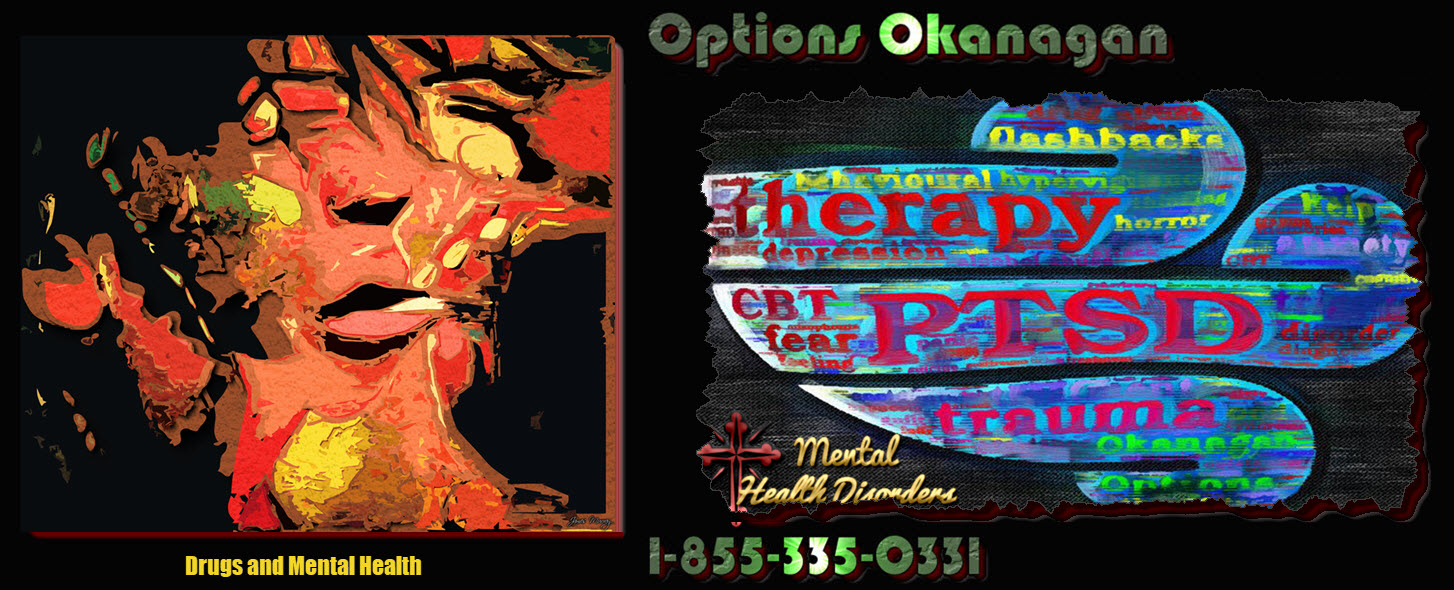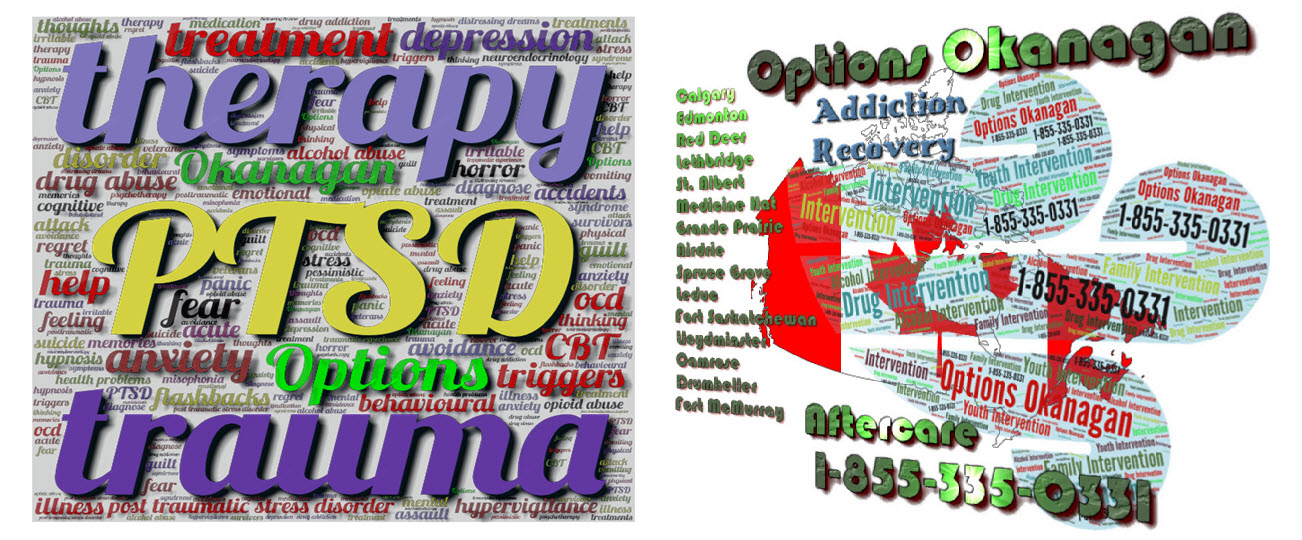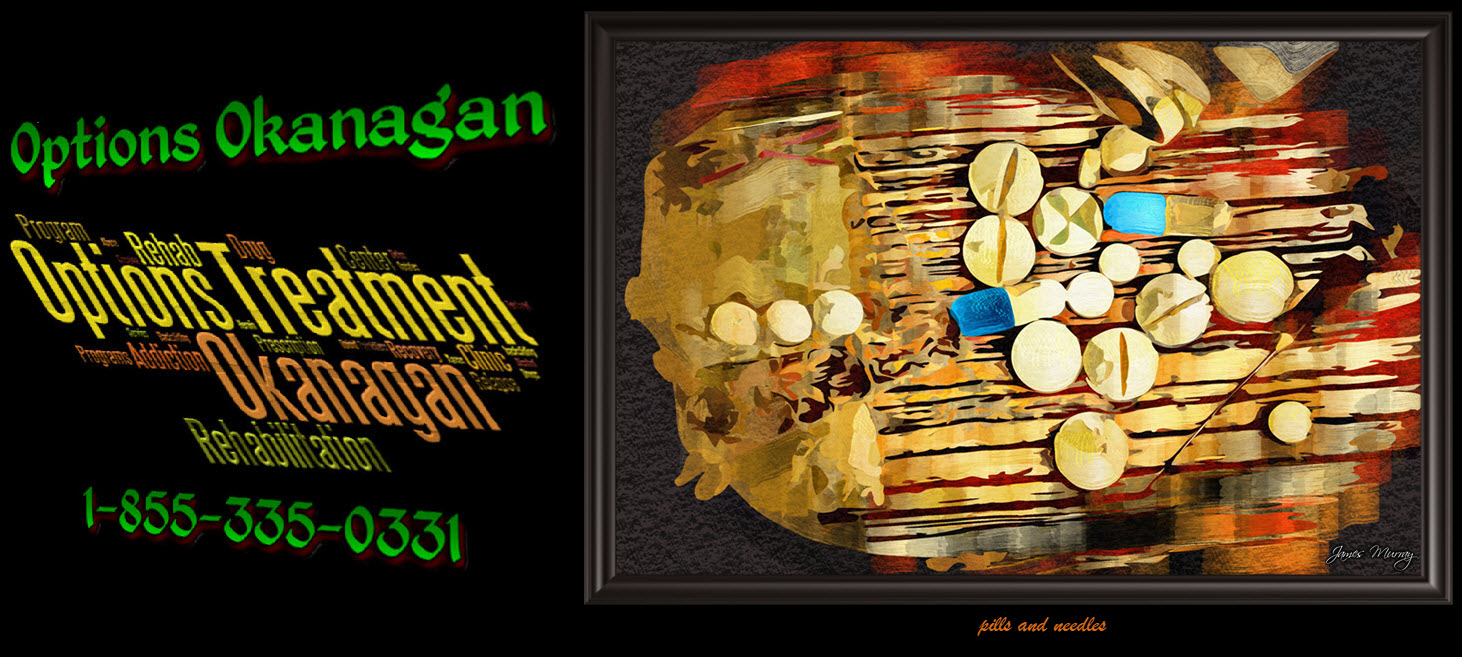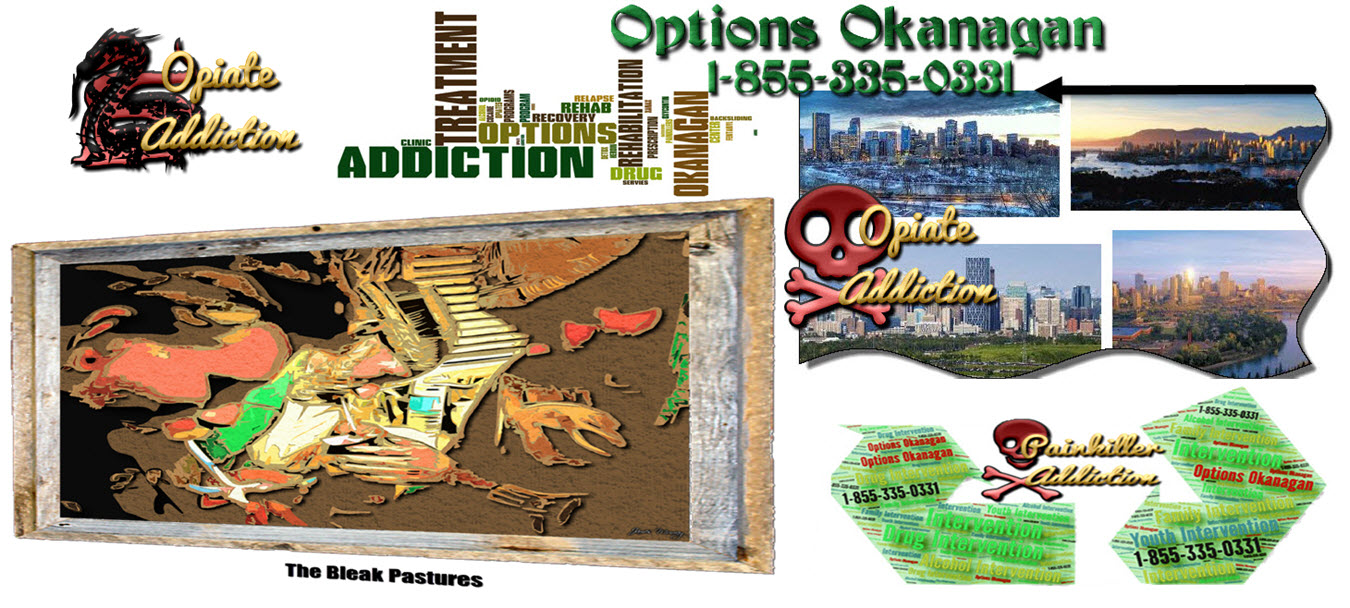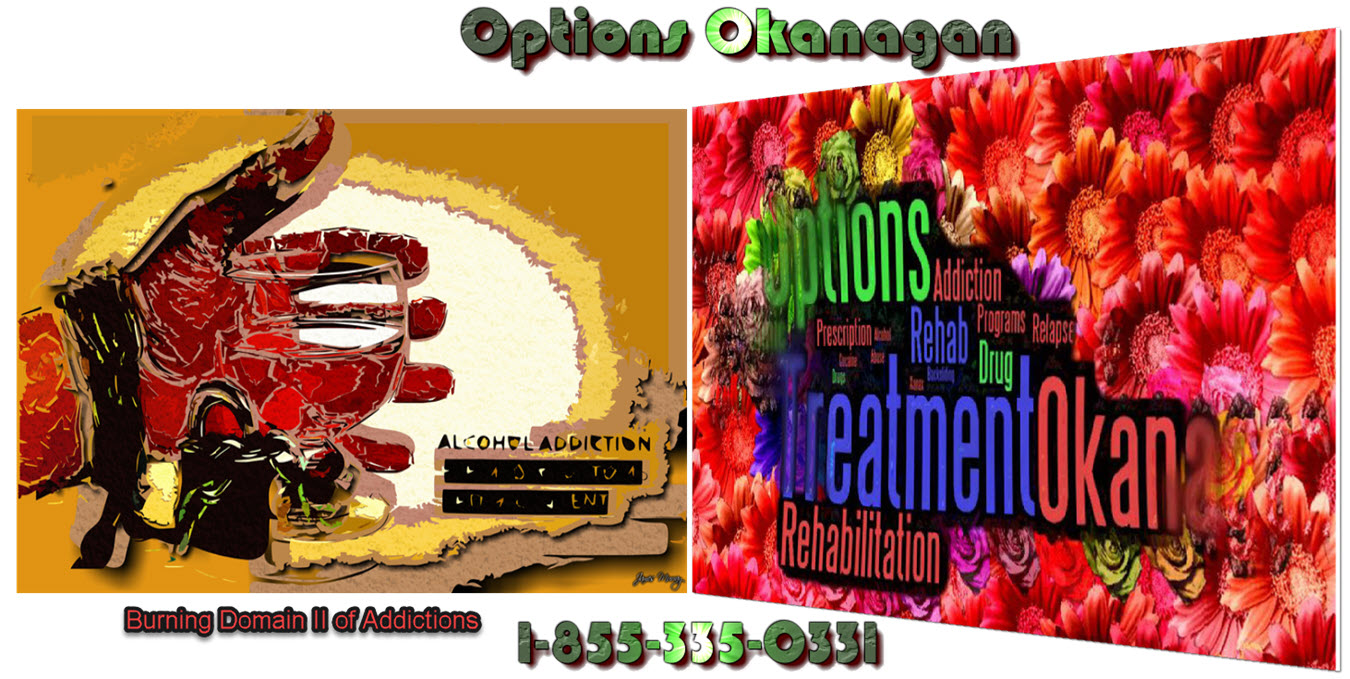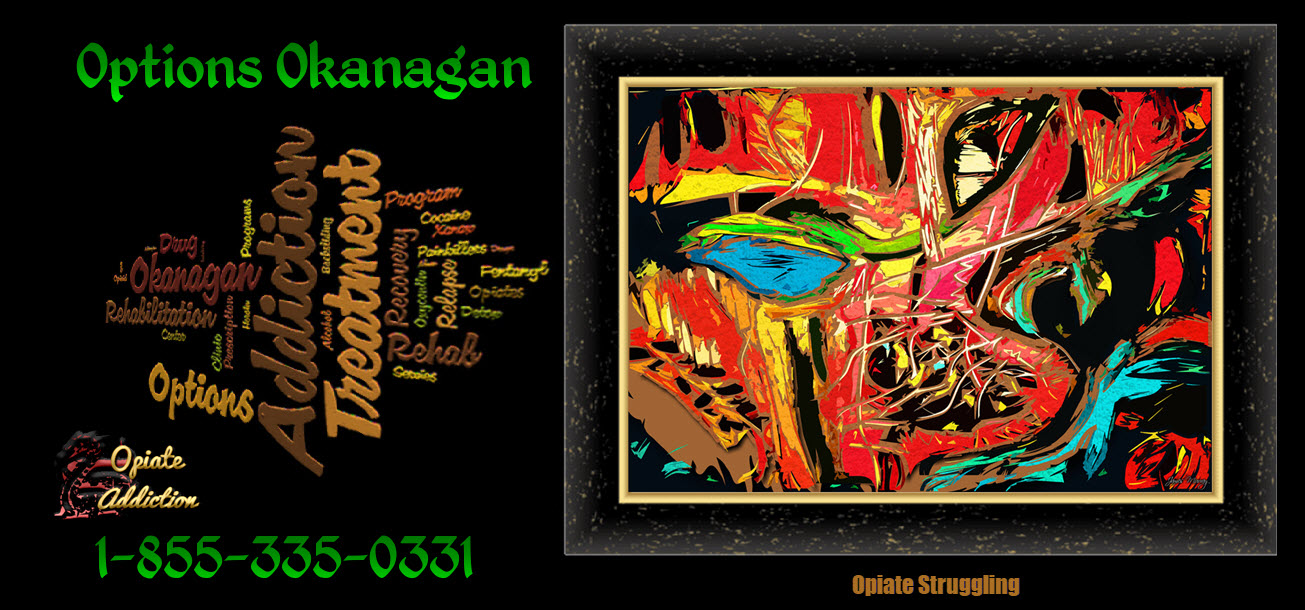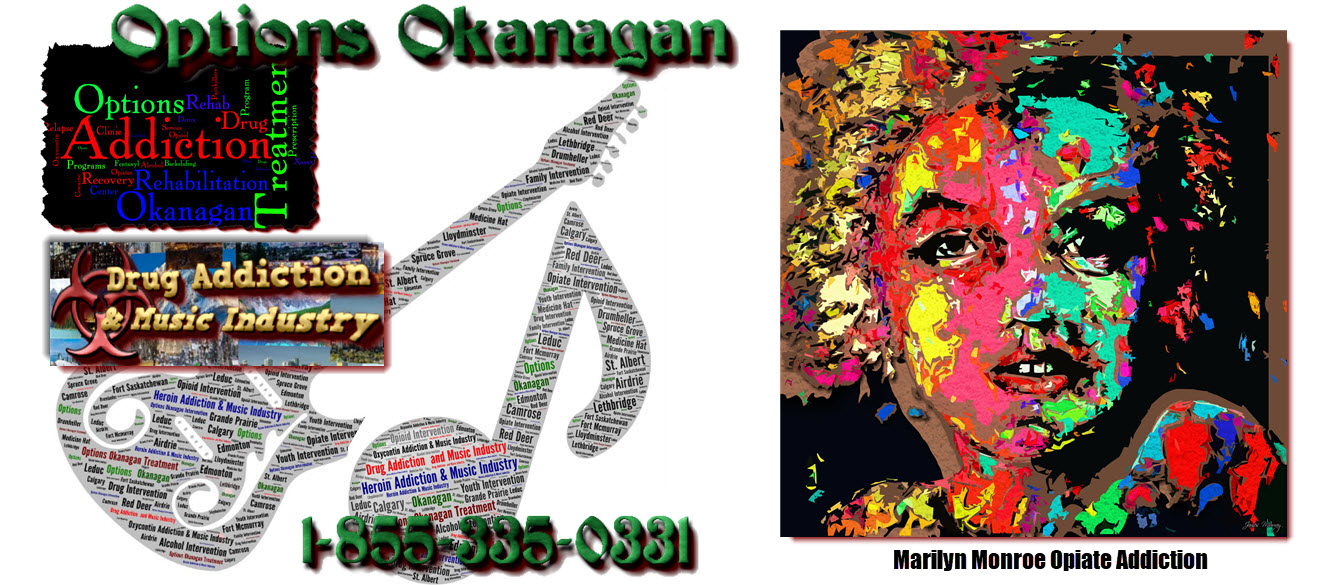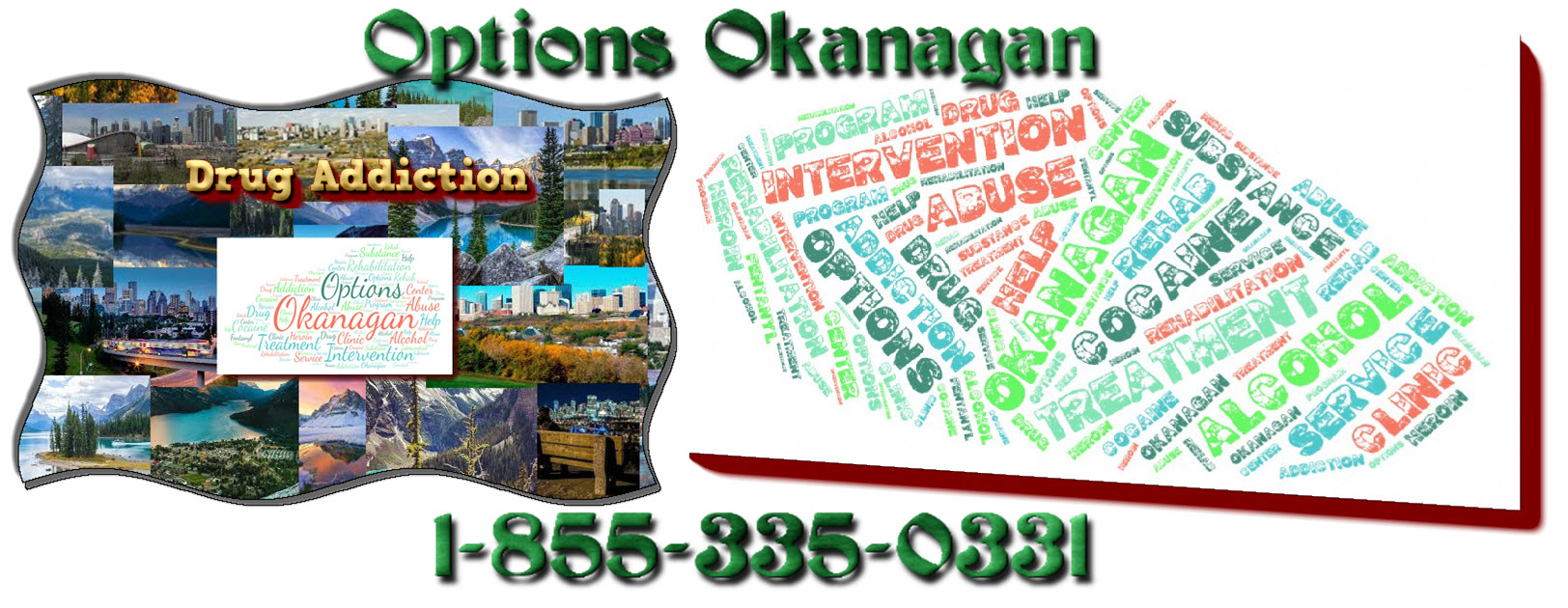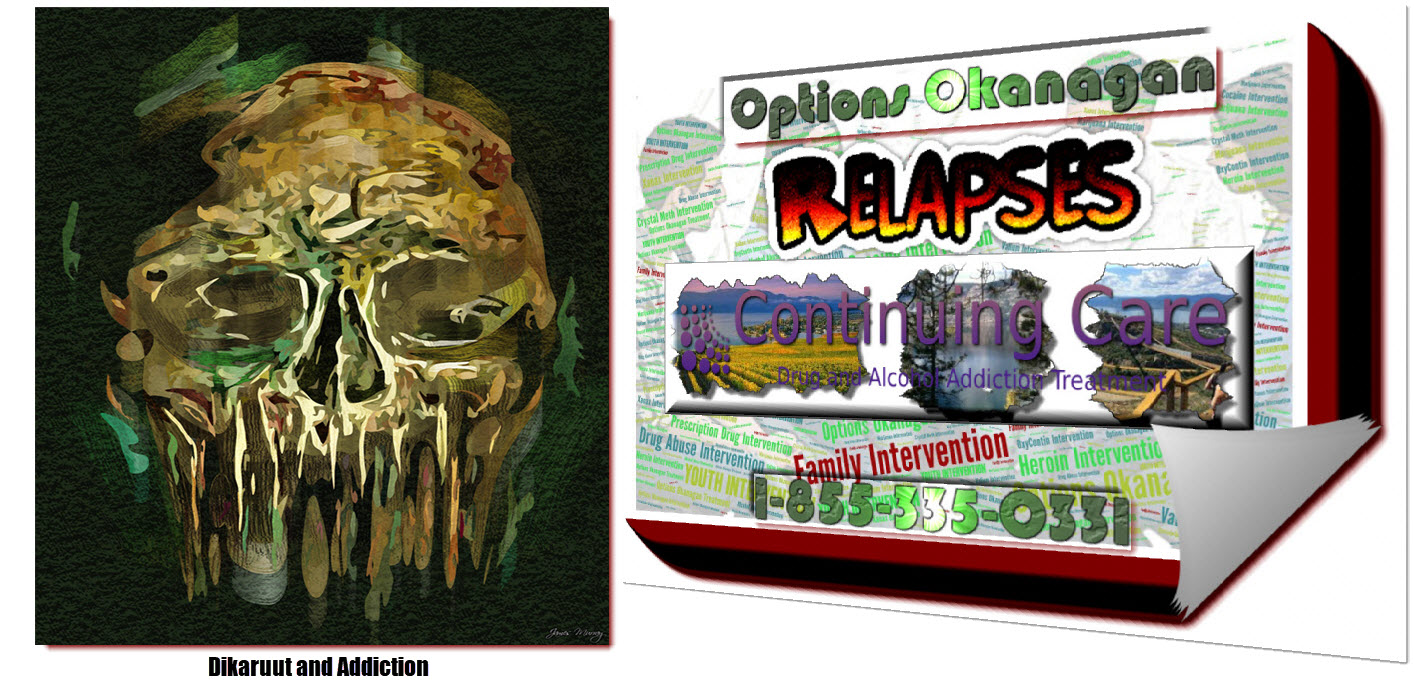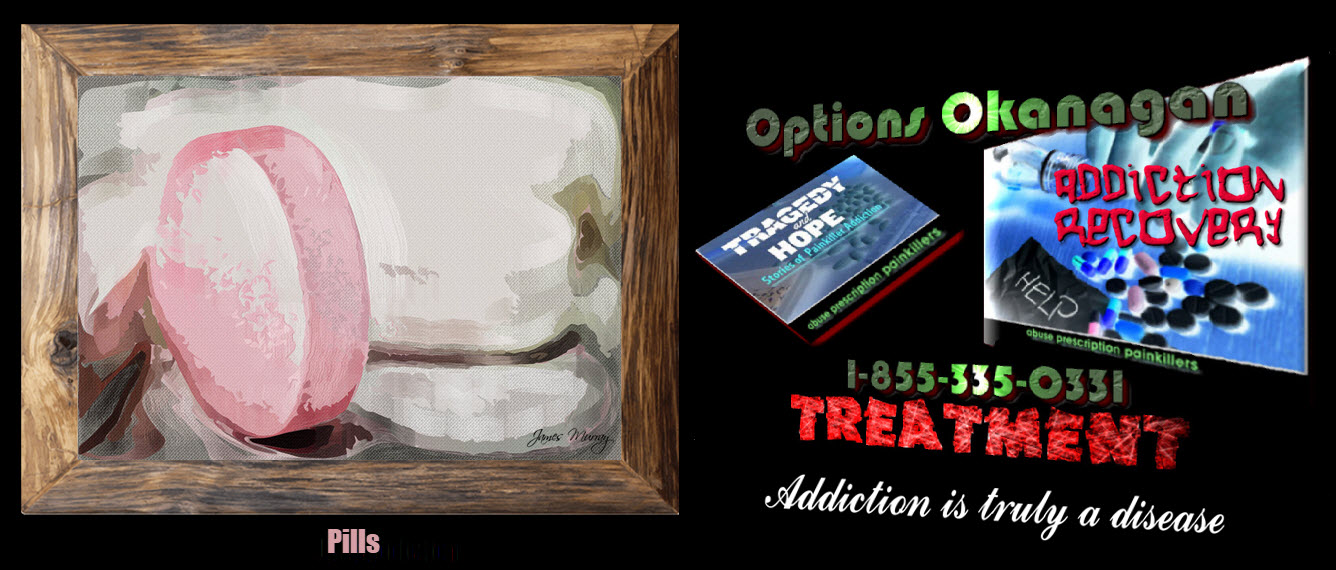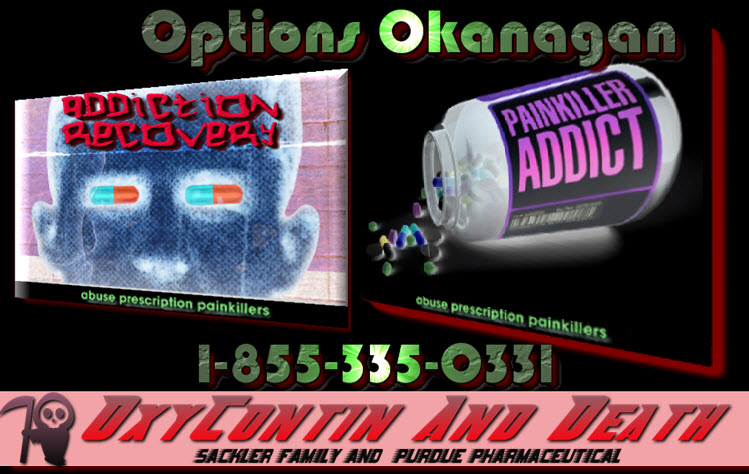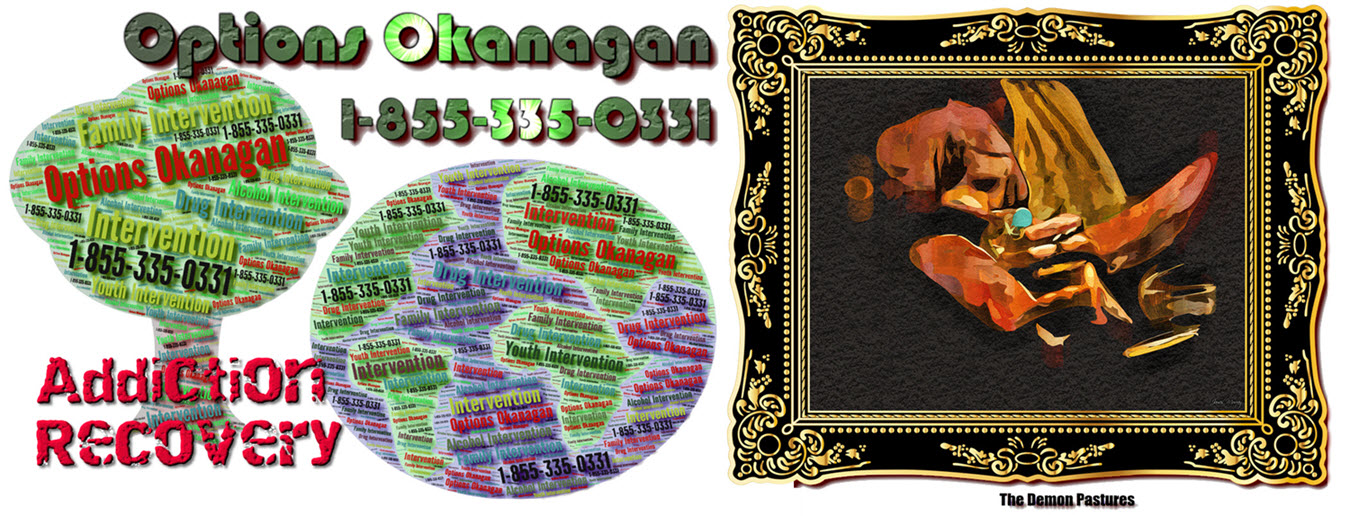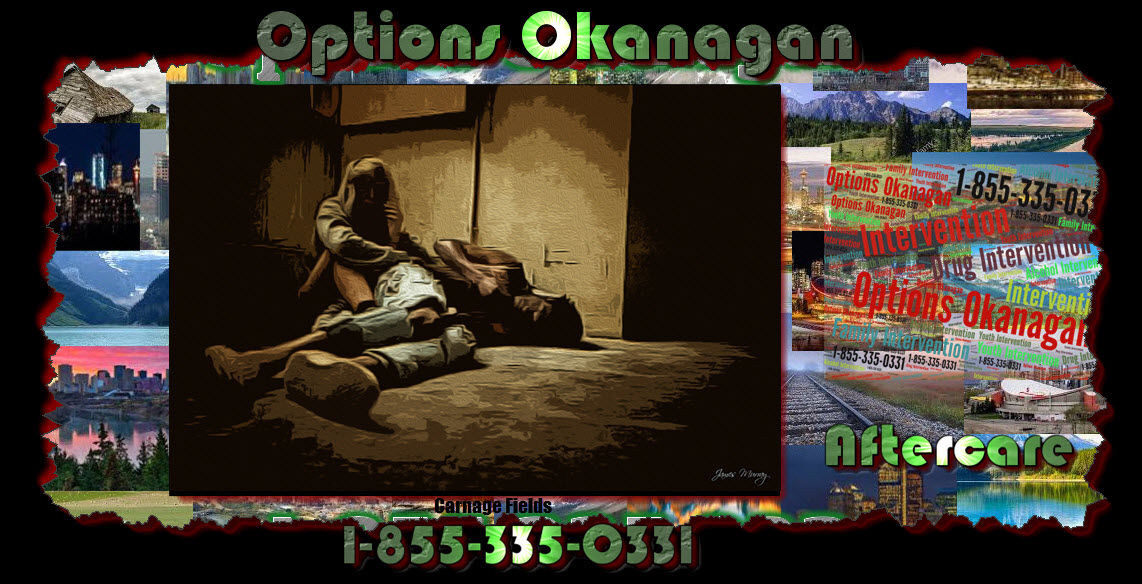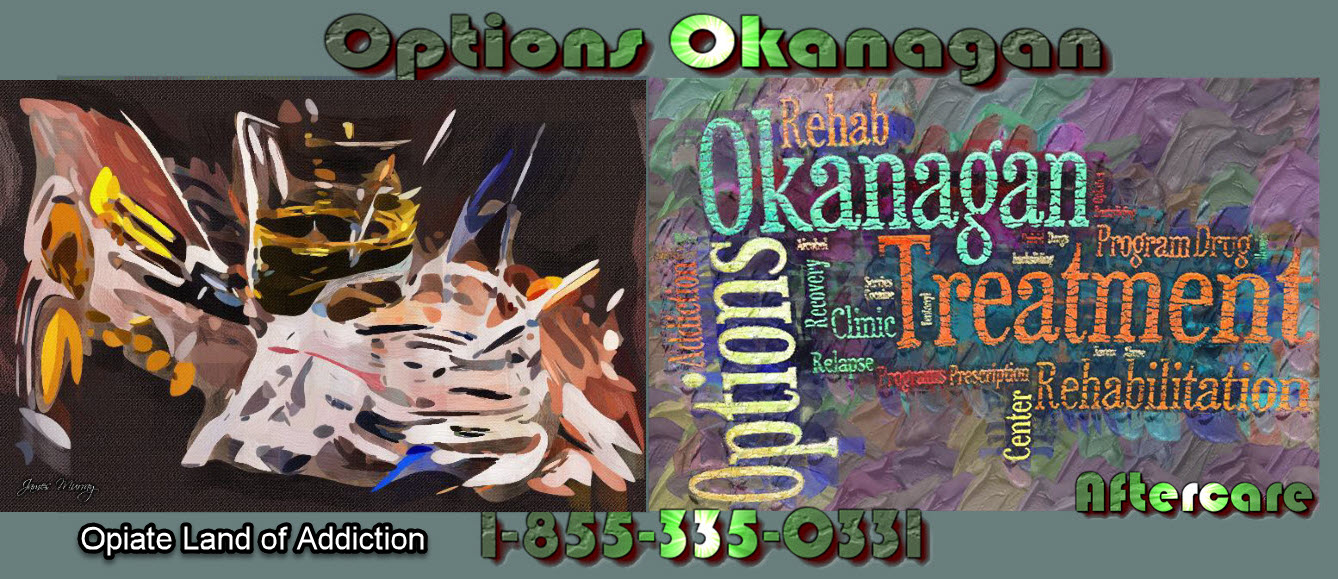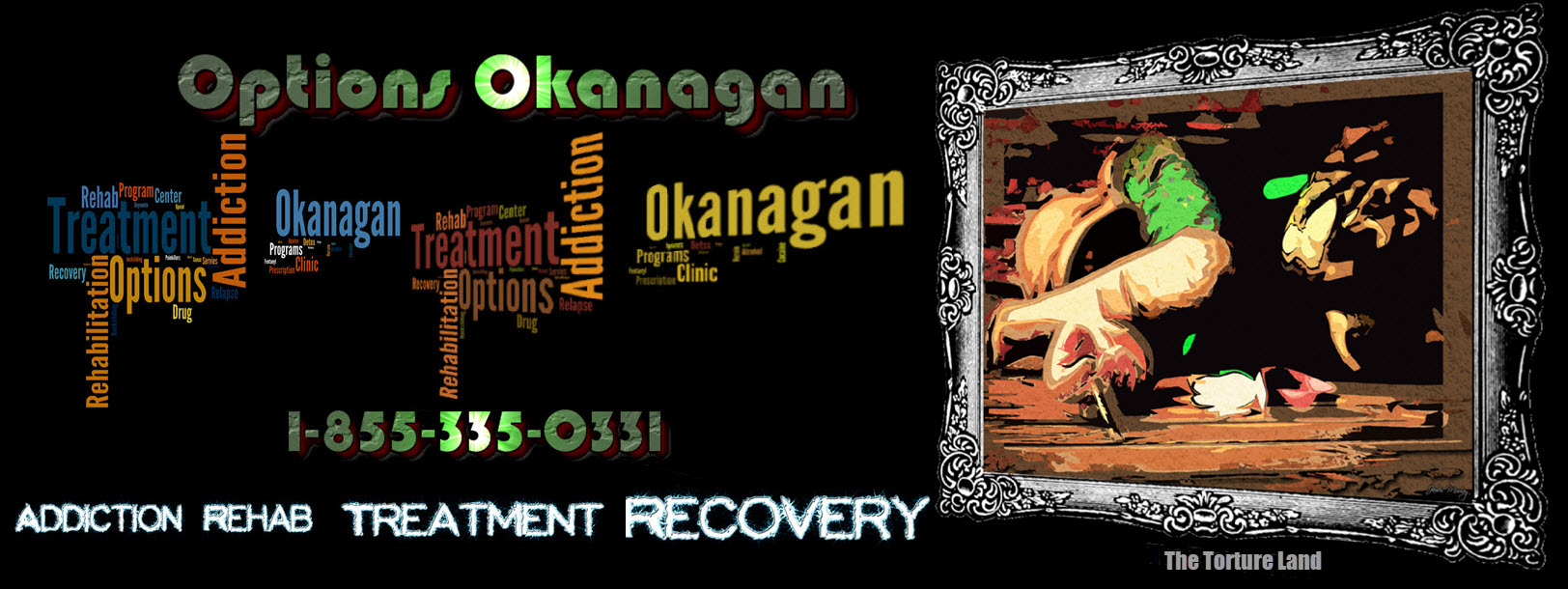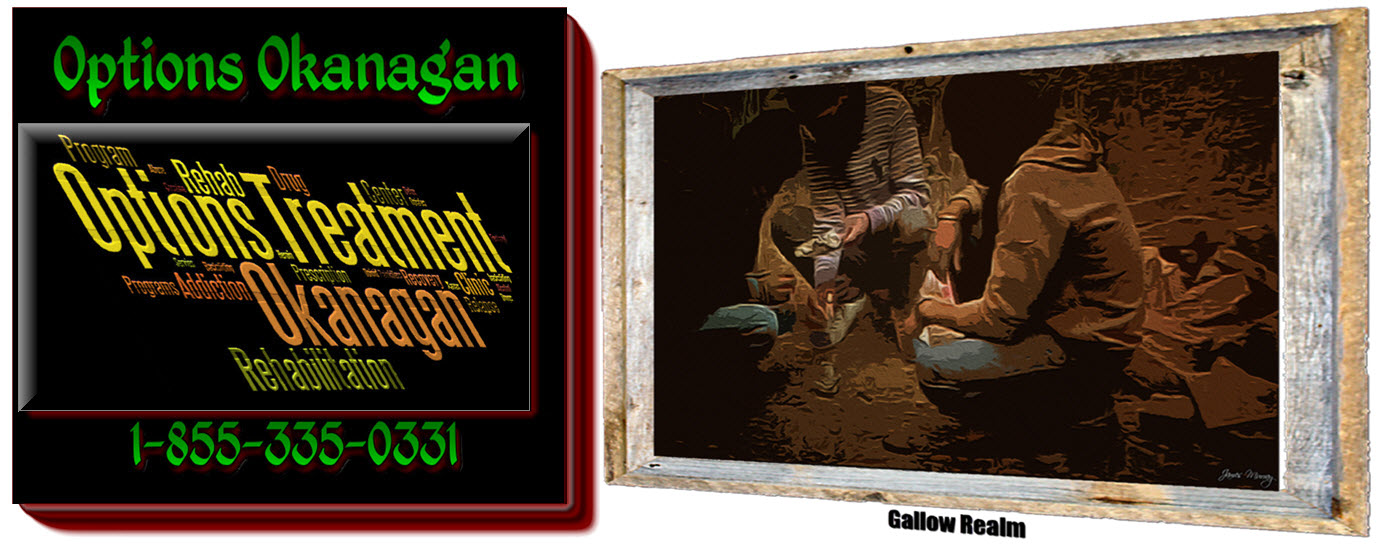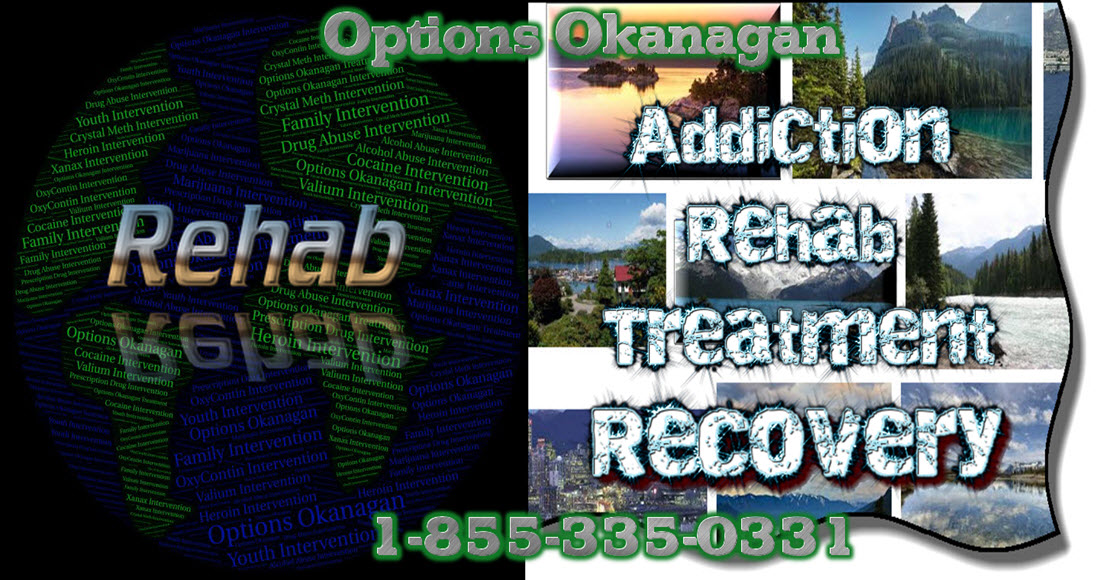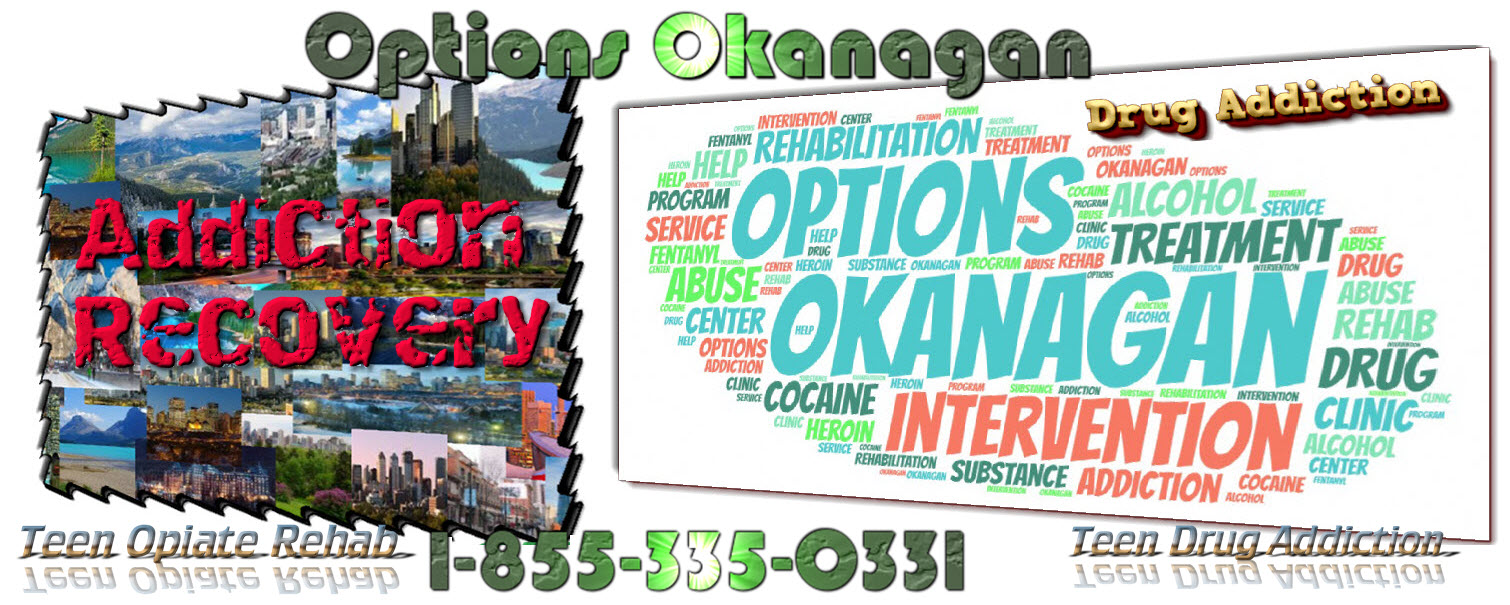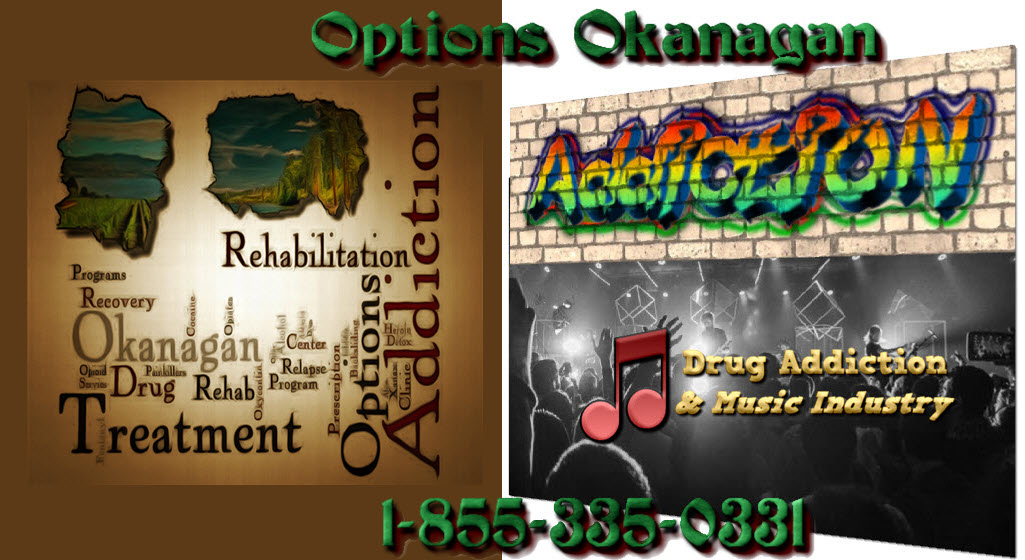How to recognize an opioid addiction – Opioid treatment and recovery in Alberta and British Columbia – Options Treatment Center in Kelowna, British Columbia treating drug, opioids, opiate, fentanyl, heroin and alcohol addiction and recovery.
Opioid Rehab In BC and Alberta
An addiction to opioids has many faced, but understanding the signs of this addiction will be the first step on the road of recovery. When you know what signs to look for, you will be able to recognize an opiate addiction. Some of these signs will be easier to determine than others, but multiple signs should be a red flag.
Erratic Behaviour
People who are addicted to opioids will generally act in an erratic manner and will do things that they normally would not. They will have unpredictable moods which swing from agitation, exhilaration, lethargy, and exhaustion. Addicts will also have trouble sleeping or will crash and sleep for a long period of time.
Depression
An opiate addiction will often be accompanied by depression. To determine this, you should look for a loss of interest in activities they used to find enjoyable. An abrupt loss of weight is also a sign of this. The person may also be hesitant to participate in family events and gatherings while distancing themselves from people they had been close to.
Bloodshot Eyes
Opiate addicts will also have bloodshot eyes or have an expressionless look. Dazed looks in their eye can also be a sign of opiate use and addiction. These people often look to be daydreaming and will answer only after you address them a few times.
Outward Signs
Addictions to drugs will often come with outward physical signs that you should be aware of. This will include flushed skin, an unexplained rash, and excessive sweating. An excessively runny nose and inflamed nostrils are other signs of an addiction to look for.
Another outward sign will be a dramatic and sudden loss of weight. Teeth may also be lost and it is likely the person will have sores on their bodies.
Signs In Yourself
Seeing the signs of opiate addiction in yourself can be much harder. This is due to most people not wanting to admit they have a problem. However, you need to know what signs to look for to start the treatment process.
You will generally have an uncontrollable and intense craving for the opiate. You will also feel that you cannot function without the drug. If you always make sure you have a supply of the drug and become frantic when your supply runs low, you have a problem. You may also find that you are doing things you normally would not in order to get the drug such as stealing.
You will often find your addiction taking hold of your whole life and it spiraling out of control. If you try to stop taking the drug and find that you always fail, you have a problem. This can also cause you to feel hopeless and feed into the addiction.
Recognizing an opiate addiction is important and there are many signs to look for. This type of addiction can affect every aspect of your life. This is why it is vital to start healing as soon as you see signs of addiction.
Options Okanagan Opiate and Alcohol Treatment Centers in Kelowna, Salmon Arm (Shuswap), and Vancouver, British Columbia – Men and Women are recovering and healing from Alcohol and Drug Abuse at our treatment center here in the Okanagan right now.
Our unique and distinctive Opiate Drug and Alcohol treatment program allows men and women to come in from Calgary as well as Edmonton as we offer airport pickup.
Numerous clients come to us from Vancouver, Calgary and Edmonton and other locations in Alberta and even other provinces for Opiate addiction treatment, heroin drug treatment, many other drug and alcohol addictions for rehabilitation because of the uniqueness of our treatment center.
Our (Kelowna) Alcohol and Drug Treatment Program Location:
(Not Mailing Address) – Contact Us – Web Page
For Mail Delivery :: Please contact each center for correct mailing addresses, also this location is the location of our residential treatment programs in Kelowna. Please call Toll Free 1-855-335-0331 – to contact the treatment center you are going to for the address and directions.
Options Okanagan Drug and Opiate Treatment Center
551 Sherrydale Crescent, Kelowna, British Columbia, V1V 2E6
Toll Free Phone Number : 1-855-335-0331

